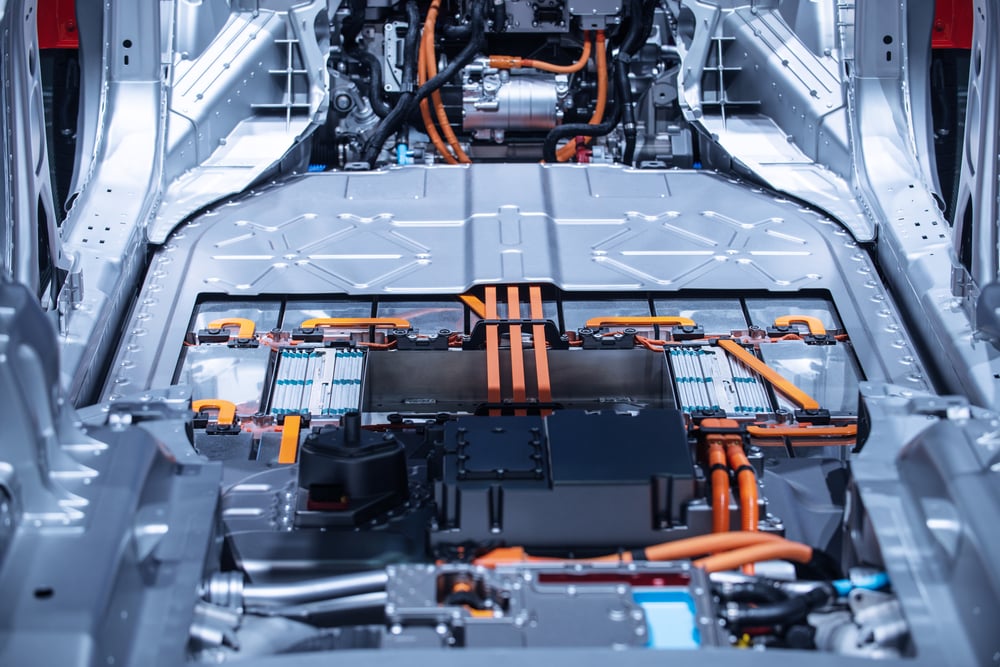In recent years, Mexico's manufacturing sector has exploded. Forbes explained that in the 1980s and early 1990s, Mexico experienced a major economic and political organization that liberalized its economy and opened its doors to trade with the U.S. More importantly, the country began participating in the North American Free Trade Agreement, which drove formerly state-owned companies into privatization.
Fast forward almost 30 years, and Mexico has emerged as one of the top manufacturing locations in the world. The Mexican government and citizens have gone to great lengths to make the country an appealing destination for manufacturers to expand their operations. As a result, the offshoring advantages for business there, including NAFTA participation, the maquiladora program and low labor costs, are expansive.
To fully understand how Mexico came to be such an ideal environment for manufacturers, it is important to look at four key reforms implemented in the country that sparked its economic growth:

1. Energy
Reforms to Mexico's energy sector are perhaps the most vital to the growth of manufacturing there. For 75 years, Mexico's energy sector was run by a state-owned monopoly, Pemex. However, in December of 2013, the country reformed its constitution and adopted legislation that eliminated Pemex and opened its energy sector to private participation.
As the International Monetary Fund pointed out in its white paper, "Made in Mexico: Energy Reform and Manufacturing Growth," energy is vital for manufacturing production. The IMF noted that some estimates suggest under current usage patterns, energy demand in 2024 could be 79 percent higher than it was in 2012. The opening of Mexico's energy sector meant manufacturers there could produce their products more efficiently and cost-effectively.
"Reforms to Mexico's energy sector are perhaps the most vital to the growth of manufacturing there."
2. Telecommunication
Telecommunication is another important area of reform that greatly impacted manufacturing in Mexico. As Robert Rennhack, a senior reviewer for the IMF Mexico team explained, the country's telecommunication sector had previously been dominated by a handful of large firms that comprised roughly 80 percent of the market. However, recent reforms have invited private investment into the sector that makes it easier for manufacturers to conduct business and reduce challenges across the supply chain. One example of how telecommunication reform is positively impacting the country was cited by Area Development. In 2015, AT&T announced plans to invest $3 billion to extend its high-speed mobile Internet service to Mexico. The expanded network will accommodate 100 million consumers and businesses by the end of 2018.
3. Financial
Financial sector reforms have been crucial to the boom of manufacturing in Mexico. As The Wall Street Journal reported, Mexican President Enrique Pe a Nieto signed changes in the country's financial and banking regulations into law in January 2014. The changes put into place aimed to strengthen the country's banking and securities regulator to increase competition, lower the cost of borrowing and give small businesses increased access to credit. According to Agustin Carsten, governor of the Bank of Mexico, increased lending has the potential to add 0.5 percent to economic growth on a permanent basis over an eight year period. The Wall Street Journal also noted that the financial overhaul served as a major complement to other structural reforms in energy and telecommunications.
4. Labor
Labor reforms are also especially important to the growth of Mexico's manufacturing sector, as access to the country's workers is a primary benefit of doing business there. While the cost of labor in Mexico is far below that of China, the U.S. or Canada, more manufacturers have moved to the country because the government has taken major steps to foster a highly-skilled, qualified workforce there. In fact, Rennhack of the IMF mentioned the Mexican government has not only created valuable incentives to move workers into the formal labor sector, but has also embarked on comprehensive education reform.
The advantages of manufacturing in Mexico are vast, and the government has worked tirelessly to create a compatible business environment for industries of all kinds. While there are many more changes underway that will contribute to continued growth in the country over the next ten years, energy, telecommunications, financial and labor reforms have certainly spearheaded the movement.
Subscribe
Sign up and stay informed with tips, updates, and best practices for manufacturing in Mexico.






